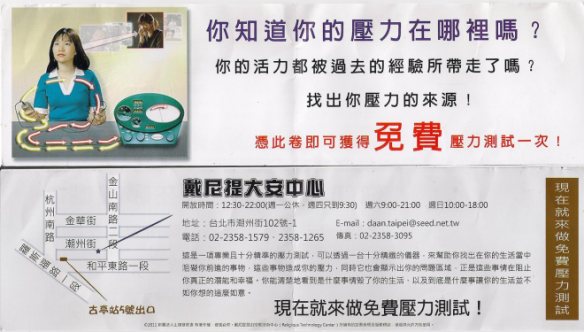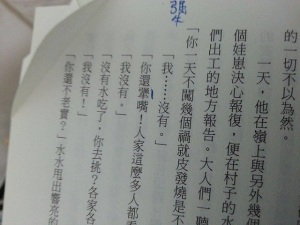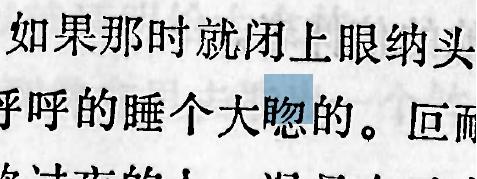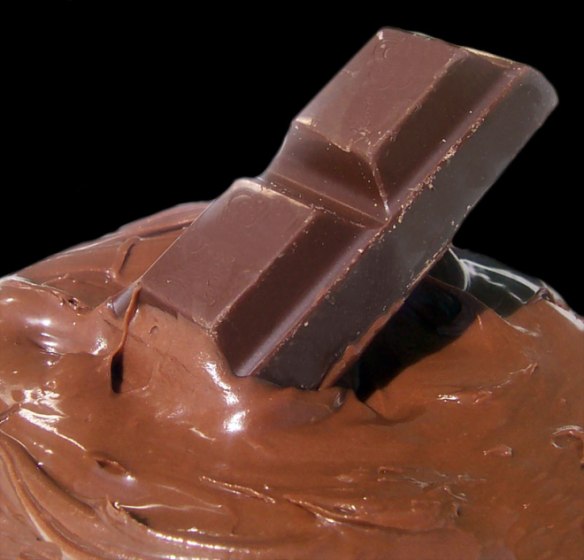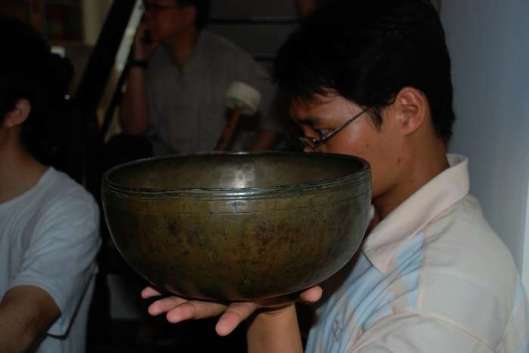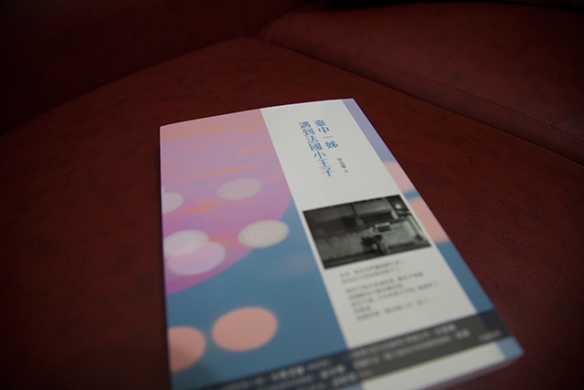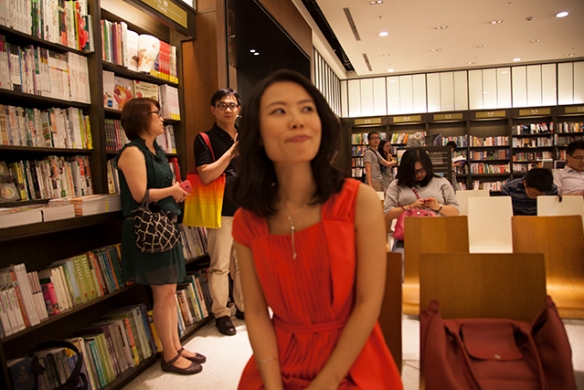I didn’t realize how developed the Scientology infrastructure is in Taiwan, but got this familiar looking leaflet through the door asking me if I wanted a free stress test:
It reads:
Do you know where your stress is?
Is your vitality being drained by past experiences?
Find the source of your stress!
With this voucher you can get a free stress test!
Dianetics Daan Center
This is a professional and very accurate stress test, which uses a refined piece of equipment to help you find what is holding you back in life, the things that are causing you stress, it will also show up your problem areas, that are holding you back from your true potential and happiness. You’ll be able to see clearly what it is that is destroying your life and holding you back from your heart’s desires.
Come now and get a free stress test!
Scientology is called 山達基 in Chinese and their website is here. I’ve been watching some shows on Scientology on the Media Mayhem Youtube channel:
https://www.youtube.com/watch?v=EIQaaowQ0PM
Makes for pretty scary watching.
I’ve searched the Taiwanese media, but there seems to be largely positive coverage of local branches of Scientology in the news, mentioning their voluntary work.
- Here they are organizing an International Human Rights march in cooperation with other groups in a report by Central Daily News, with no reference to controversy over the group in the US.
- Here they are helping out in the disaster area after the tragic Kaohsiung gas explosion in a report by China Times, with a direct reference to the philosophy of Ron Hubbard:
提供教會創始人L.羅恩賀伯特所研究的「援助法」,幫助災民舒緩身體緊繃及情緒紓壓。Using the “assistance techniques” researched by the religion’s founder L. Ron Hubbard, to help those affected by the disaster relieve the tension in their bodies and helping them with stress.
but no reference to controversy over the group in the US and they are referred to as a “教會” (religion).
- Here they are in Central Daily News again, with an anti-drug advocate from Scientology teaching kids more about the facts on drugs again with no reference to any controversy. The article also cites L. Ron Hubbard:
黃彥嘉引用人道主義者L. 羅恩 賀伯特之言「當前文化中,毒品藥物的破壞性勝過一切。」Huang Yan-chia cited the words of humanitarian L. Ron Hubbard, “In previous cultures, the destruction of drugs was greater than anything else.”
- And in this Central News Agency article they are credited with helping setting up an educational resources platform, again with no reference to controversy.
I could not find any specific negative references to Scientology within Taiwan, only reportage on the controversy in the US:
- A film attacking Scientology about to be released in the US is discussed in this article by Storm Media, which describes the group as a “highly controversial religion”. It also refers to some of the controversies specifically but doesn’t mention Taiwanese Scientologists at all.
There was also a reference in this Australian news article talking of Australian Scientology using Taiwan as a recruiting ground.
There does seem to be some resistance to Scientology in Taiwan and the Chinese-language blogosphere though, like this anti-Scientology Twitter feed, which seems to trace back to this blog. There is also this blog which has a strident anti-Scientology message.
I would be interested if anyone has found any (preferably more in depth) articles written on Scientology in Taiwan, let me know in the comments section.
In case it was not clear already – this is not an endorsement.
UPDATE (2016/8/1): An article critical of Scientology in Taiwan which cites an ex-Scientologist was recently published in the Atlantic.

